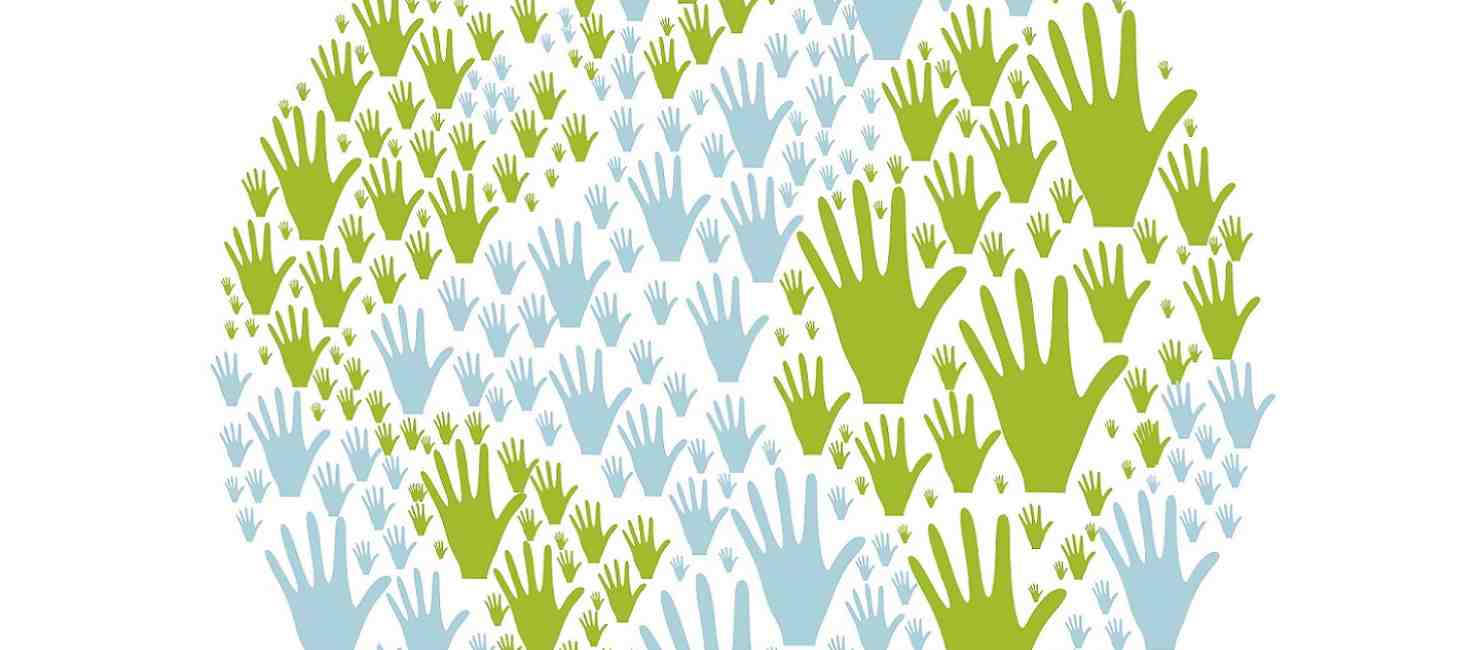Why did my body respond to being abused, and does that relate to orientation?
Dear Stop It Now!,
I was sexually abused by my mother's youngest brother for almost ten years. It was dreadful when I told my mother, and I felt furious because she didn't seem to understand the consequences that the abuse left in my life. She was concerned about the pervert who abused me and his son. I haven't talked to her about my preferences, and I'm afraid that they could be the result of the abuse. I remember that my body reacted, and that I looked for the aggressor because I wanted the "attention." I grew up with a distant father, and I think I used to believe that the abuse was "love." Now, I know that it was completely the opposite, but sometimes I feel guilty and ashamed, and simply the image of that pervert is disgusting to me. I also remember that I felt attracted to girls when I was a child, but most of the times, I like men. To what extent does child sexual abuse determine sexual orientation?

Dear Brave Survivor,
I'm so sorry to hear that you were sexually abused, and that after your brave disclosure your mother was not the loving, supportive, and protective adult you deserved. It sounds like you’re looking to work towards peace and healing, and I'm glad you've reached out to us for more information and guidance.
What you’ve described is what many survivors have gone through: feeling ashamed, guilty, or even responsible for what occurred – and often this is what keeps children from speaking up. Just because your body reacted to a sexual stimulus does not mean that you liked or enjoyed the abuse. Our bodies have physical responses to stimuli that are not always in our control. Similarly, your body’s automatic response would not have been an indicator that you were homosexual or heterosexual, or any other gender or sexual orientations.
Many children experiment sexually with same-gendered and opposite-gendered peers and this also has no bearing on how they identify later in their life. A young person may have sexual interactions with same-gendered and opposite gendered persons before fully realizing what their sexuality means to them, and to whom they are attracted to.
Your body’s reaction to a sexual stimulus means that it was sexually relevant but sexually relevant has no bearing on it being a positive or negative experience. Women also may orgasm or become physically aroused during rape, but this does not at all mean that they wanted it, enjoyed it, or that it wasn’t abuse. It is abuse even if your body responded physically to what occurred.
Although the research is somewhat limited, it does seem to by-and-large say that child sexual abuse does not determine sexual orientation, and that sexual orientation is something that is biologically-based. We do know that those who identify or demonstrate characteristics that are stereotyped as LGBTQIA may be more likely to experience abuse because they are more vulnerable.
Certainly abuse may affect a person’s relationships in regards to whom they feel comfortable with, issues surrounding intimacy, sexual experiences, and so on. For more information on this topic, I encourage you to check out our answer to a similar question here: Can being sexually abused determine sexual orientation? as it gives a more in-depth response to this question, and includes additional resources you may want to explore.
Understandably though, feeling pleasure during abuse can create a lot of difficult emotions for many survivors. However, this absolutely is something that can be worked past with the help of a provider. For many, treatment can be an empowering source of strength and a way to take control back in your life, in your own time, at your own pace. Everyone’s journey is unique, but someone who is experienced in working with adult survivors would have the best training, experience, and knowledge to help your work through these traumas. I hope you have this support in your life already, but if not our Adult Survivor Resources may be a good place to start. This can also be a great place to bring up any current issues you’re having – with sexuality, or even with your family – to make sure that you’re able to address these things and work through them.
More than my answer about what research says, is how you feel about yourself, your orientation, and your expression. You deserve to get through this, and you deserve to find peace and healing in your life.
I appreciate you reaching out to us, and I truly wish the best for you on your journey to recovery.
Take care,
Stop It Now!
Feedback:
Please share your feedback on this question
Last edited on: August 19th, 2019

